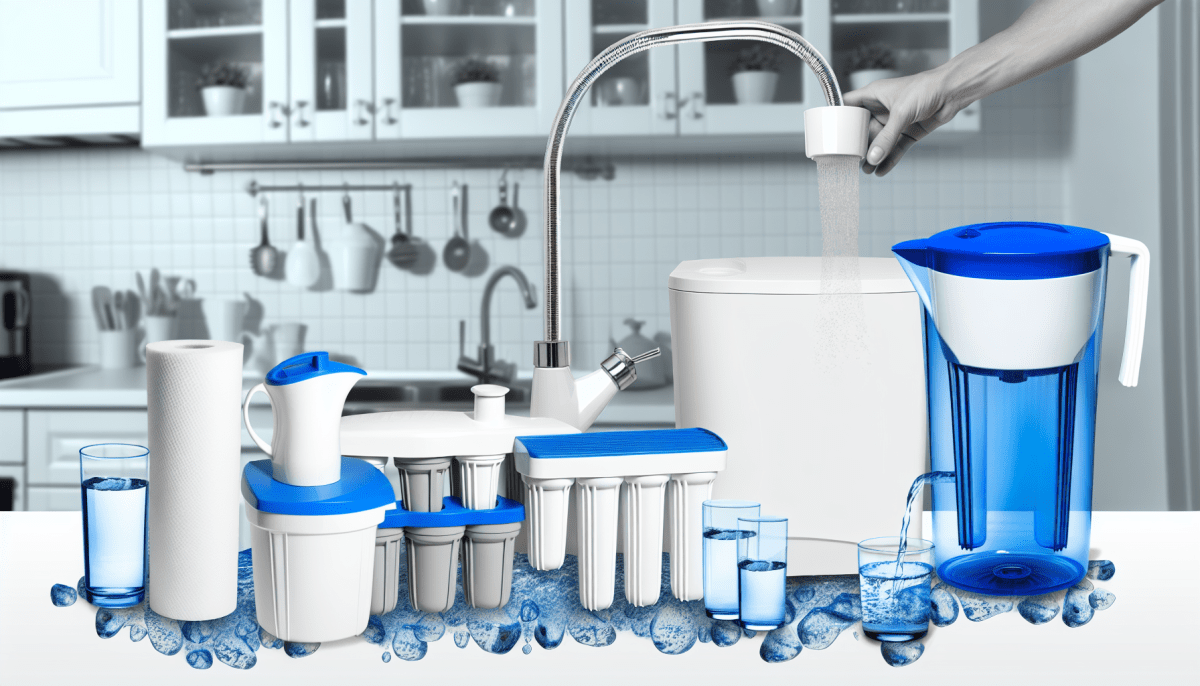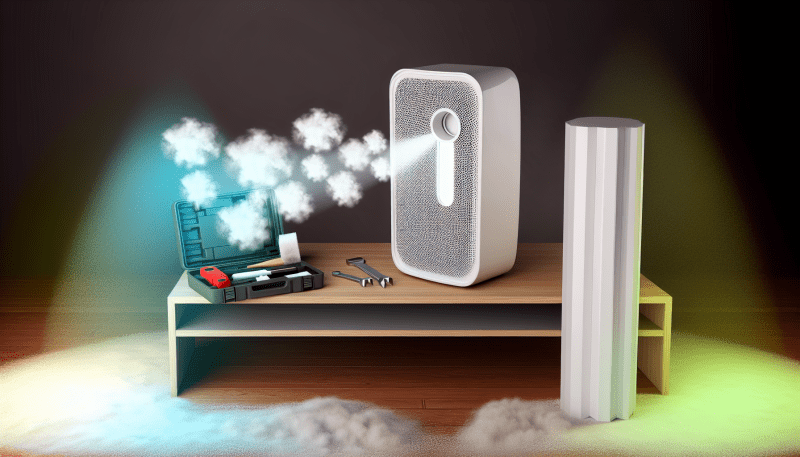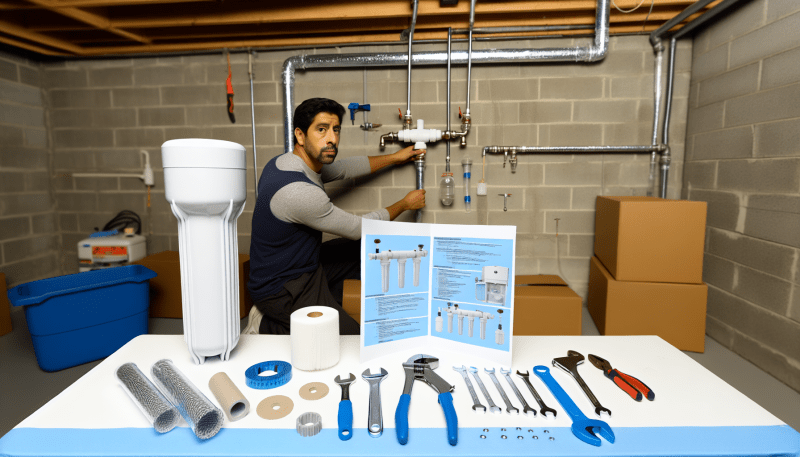These tips for choosing a water filtration system should help you narrow down your options and find the perfect fit for your home. Happy filtering!
Types of Water Filtration Systems
When it comes to water filtration systems, there are a few main types to consider, each with its benefits. Knowing what’s out there can really help you make the best choice for your needs. Here’s a quick rundown on the most common types you’ll find.
1. Activated Carbon Filters: These are super popular and often found in pitcher filters and under-sink systems. They work by using charcoal to trap contaminants and improve the taste of your water. If you’re mainly concerned about chlorine taste or sediment, this might be a great option for you.
2. Reverse Osmosis Filters: This type is a bit more advanced and works by pushing water through a semi-permeable membrane, filtering out a whole range of impurities. If you want to be sure your water is as pure as possible—great for removing heavy metals and other pollutants—this is a solid choice.
3. UV Filters: If you’re worried about bacteria or viruses in your water supply, UV filters can help. They use ultraviolet light to kill harmful microorganisms. This is more of a supplement to other systems since it doesn’t remove other chemicals or sediment.
When you’re sifting through your options, keep these types in mind as you think about what matters most for your water quality needs. Remember, these are just some tips for choosing a water filtration system that’ll suit your lifestyle and keep your water fresh and clean!
How to Assess Your Water Quality
Understanding your water quality is super important when you're on the hunt for the right filtration system. The first step? Get your water tested. There are simple home test kits available that can give you a snapshot of what’s in your tap water. Look for tests that check for common contaminants like chlorine, lead, bacteria, and hardness. This will help you know exactly what you're dealing with.
Once you have the results, take a moment to analyze them. If you notice high levels of chlorine or other chemicals, you'll want a system that specifically targets those. On the other hand, if you're finding lead or heavy metals, a reverse osmosis system might be the way to go. Remember, knowing your specific water issues is one of the most helpful tips for choosing a water filtration system.
Don’t forget to consider taste and odor! Sometimes, water can taste fine but still have hidden issues. If your water has a funny smell or aftertaste, that’s your cue to look for a filter designed to improve the overall taste and odor of your drinking water. It’s all about making sure you enjoy drinking it and feel good about what you're consuming.
Lastly, check your local water quality reports. Many municipalities provide this info online, which can give you a broader understanding of regional issues that might affect your water. Combining this data with your test results will help you choose a filtration system that truly meets your needs. Trust me, these insights are valuable tips for choosing a water filtration system you can rely on!
Budgeting for Your Water Filter
First off, think about your needs. If you’re only filtering water for drinking and cooking, a simple pitcher or faucet-mounted filter might do the trick. These can be quite affordable, usually between $20 - $50. If you're looking for something that filters a larger volume of water, you might need to invest in a more robust system, which can start around $150 and go up to several hundred dollars.
Don’t forget about ongoing costs! Some water filtration systems require regular filter replacements. Make sure to factor in these costs when deciding on your budget. It’s smart to look at how much replacement filters cost and how often you’ll need to change them. This can really add up over time!
Finally, consider any installation fees. Some systems are simple enough for DIY, but others might need professional installation, adding to the initial price. Always keep these potential expenses in mind when you’re following these tips for choosing a water filtration system. It can help you stick to your budget while still getting a quality product!



